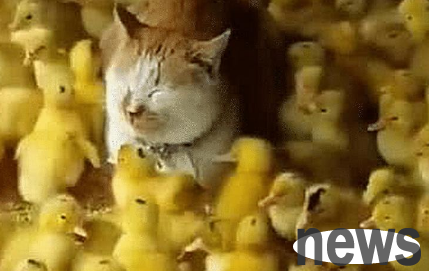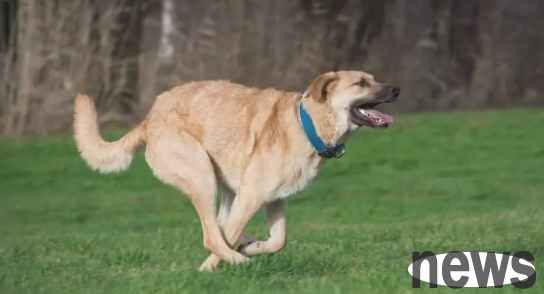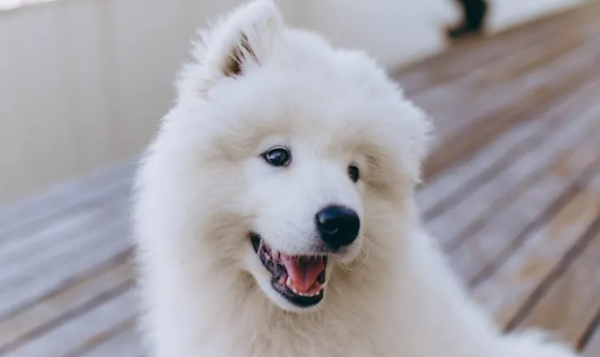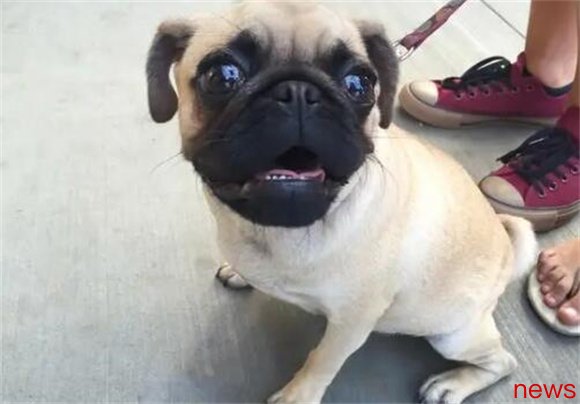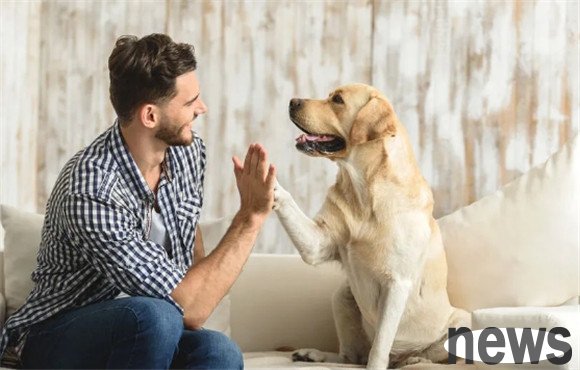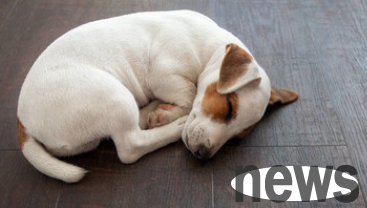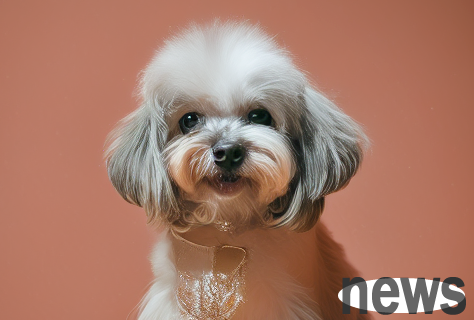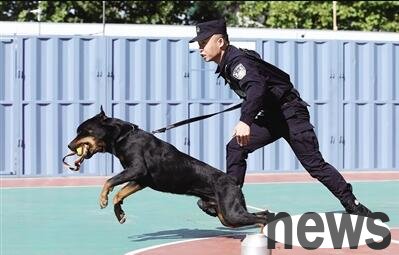How to teach your dog to go to the toilet and defecate
Training dogs to go to the toilet and urinate is a very important part of the dog raising, especially for owners who raise dogs at home. Correct training can help dogs develop good hygiene habits and make the home more tidy and comfortable. Here are some basic steps to train your dog to urinate and defecate in the toilet. I hope it will be helpful to you.
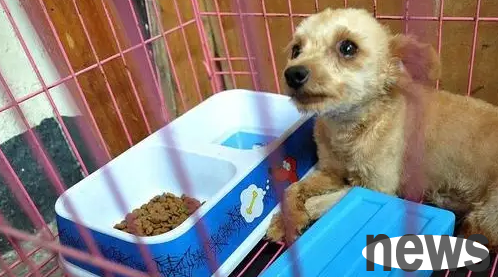
Establishing a fixed bowel movement time
It is important to ensure that dogs have a fixed bowel movement time every day, which helps to develop good bowel movement habits. Usually, dogs have a need to defecate after meals, after getting up, and before going to bed. These moments are often associated with their life routines and biological clocks, so it is helpful to provide bowel movements at these times. Doing so helps prevent unwanted bowel movements and makes the training process smoother and more efficient.
Selecting a fixed defecation location
Selecting a fixed defecation location at home is very important for training dogs to go to the toilet and defecate. You can choose outdoor grass as your dog's defecation location, which allows the dog to breathe fresh air outdoors and fully move its body. In addition, if you cannot take your dog outdoors frequently, you can also choose an indoor urine pad or cat litter box as a defecation location. This method is suitable for owners who live in an apartment or who cannot take their dogs out frequently. No matter which method you choose, you must ensure that the location of the defecation location is fixed, so that the dog can develop the habit of defecation at a fixed location.
Take the dog to the defecation location
At a fixed defecation time, take the dog to the designated defecation location, so that it can learn to urinate and defecate at this location. When taking the dog to a designated location, a specific command word can be used, such as "good bowel movement", to help the dog establish a connection with bowel movement behavior. If the dog defecates at a designated location, a reward will be given in time, which can be food or toys to enhance this behavior. This can help dogs learn to defecate at designated locations faster and develop good defecation habits.
Use language and rewards
After the dog successfully defecates, use a fixed command word, such as "defecation is good", and then give a reward, which can be food or toys to strengthen its behavior. The reward method can be chosen according to the dog's preferences. Some dogs like food rewards, while others prefer toy rewards. No matter what kind of reward method is, it must be given in time to help the dog establish correct behavioral habits. Through this positively intensive training method, dogs often learn to defecate at designated locations faster, making the training process smoother and more enjoyable.
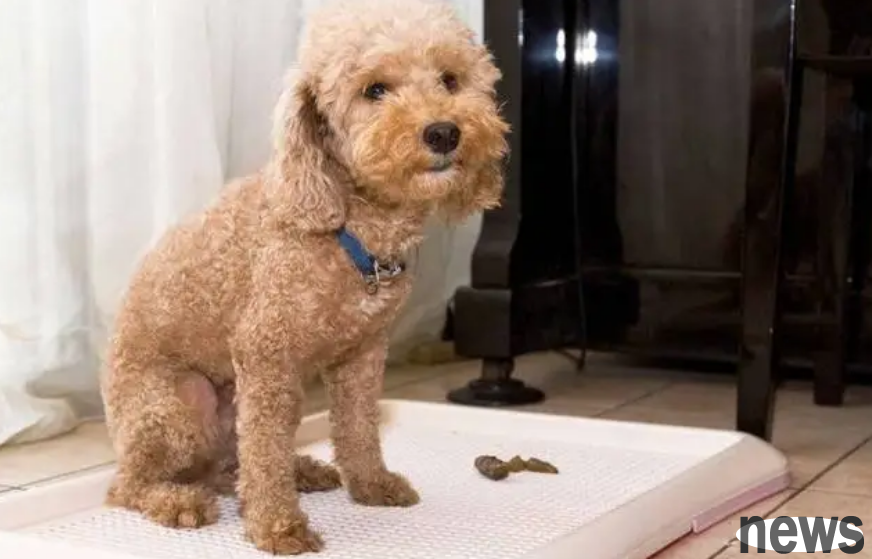
Avoid punishment
Don't punish dogs for defecation in the wrong place, as this will make the dog feel fear and will affect the training effect. If the dog defecates at the wrong location, say "don't" or "wrong" in a gentle but firm tone and immediately take the dog to the right defecation location. After completing the bowel movement at the right location, a reward will be given to strengthen the correct behavior. In this way, the dog can understand where the right bowel movement is, and gradually develop good bowel movement habits without making it feel scared or confused.
Patience and perseverance
Training a dog to go to the toilet requires patience and perseverance. Sometimes it may take some time to see the effect, but as long as you persist in training, the dog will usually learn to urinate and defecate at a designated location very quickly. Each dog has different learning speed and adaptability, and some dogs may take longer to adapt to new bowel movements. Be patient during training and don't feel frustrated that your dog can't adapt immediately. Persevere in training and timely praise and reward correct behaviors, which can help dogs learn the correct bowel habits faster and make the training process smoother and more pleasant.
Through patience and persistent training, most dogs can learn to urinate and defecate in designated locations. During training, timely praise and rewards can help strengthen dogs’ behavior and allow them to adapt to new bowel habits faster. In addition, avoid using punishment to correct mistakes, which will only make the dog feel confused and fearful and affect the training effect. The most important thing is to stay patient and persevere, and believe that your dog will quickly learn the correct bowel habits and make your life more convenient and pleasant.


